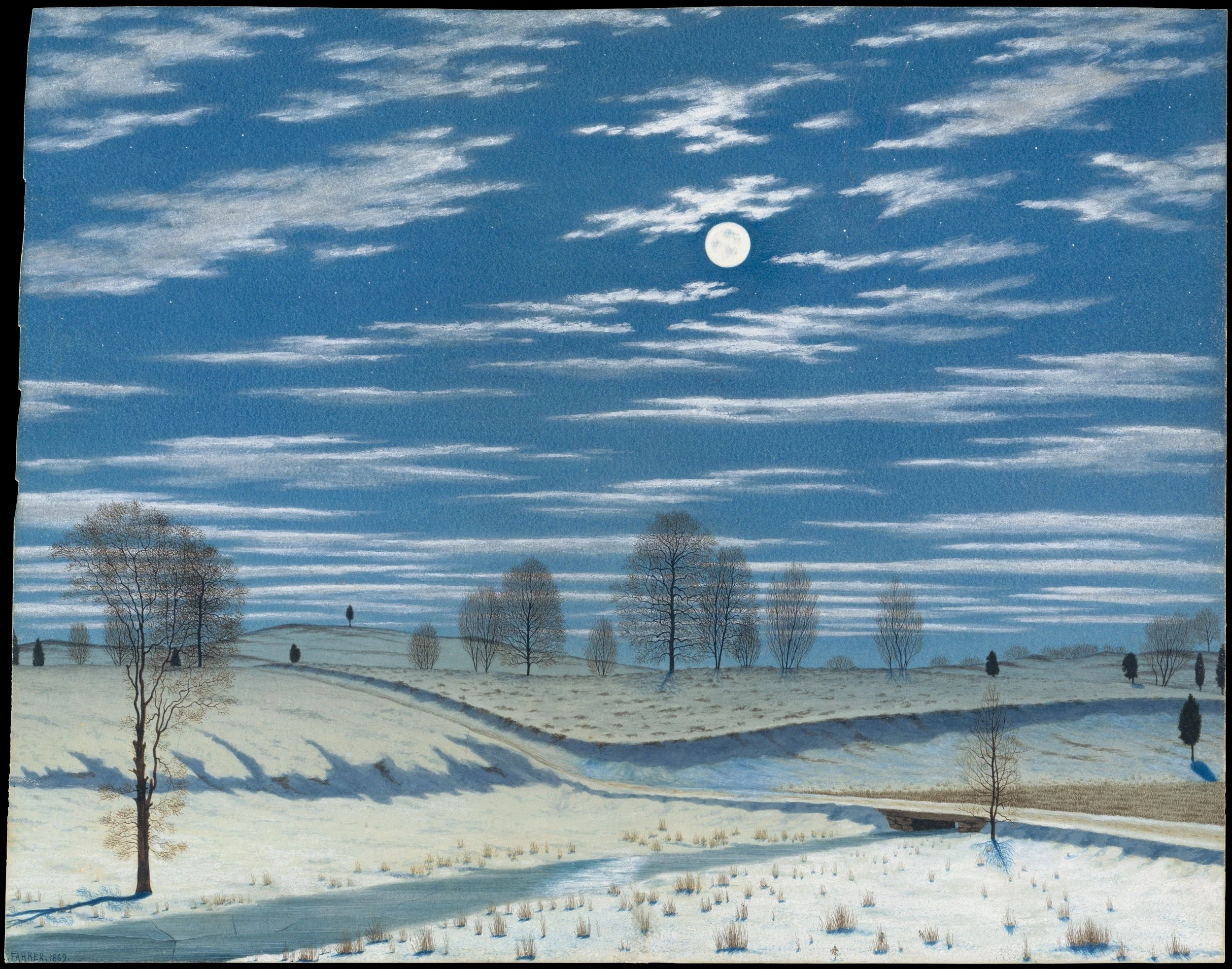AMAAL AL-DEEB
ليسَ للذِّئابِ وَطن
...سَأُغَادِرُ
دُونَ فِرَاءِ الدُّبِّ وَخَاتَمِ الأَلْمَاس
دُونَ عِبَارَاتِ التَّغَزُّلِ في أُنُوثَتِي الفَرِيْدَة..
دُونَ انبِهَارِ القَتَلَةِ بالنَّظراتِ الزُّجَاجِيَّةِ لِمَقْتُوْلِيهِم..
سأرحلُ إلى فضاءٍ وسيعٍ
يحْتَوِي رُوْحِي
المُصِرَّةَ عَلَى التَأَلُّقِ..
حَتَّى بَعْدَ انْهِيَارِ الجَسَدِ الذي انْغَرَسَتْ فِيهِ آَلافُ النَّظَرَات
كَانَ فَاتِنًا بِاعتِرَافِهِم..
كَمْ تَغَزَّلُوا فِيهِ
تَمنَّى أَكْثَرُهُم أَنْ يَحْظَى بِدِفْئِهِ وَلَو لِبَعْضِ الوَقت..
الفَضاءُ يَضيقُ
أَطيافُ بعضِهم تحومُ حَولي
تَزعُمُ أنَّ مَا أَشعَلَ فِتنَتَهَا هُوَ ذَاكَ الشَّيطَانُ الـ"مُتلبِّسُني"..
كَيَمَامَةٍ تَنْقُرُ أَحْلامَهُم..
مَا زَالَ يُعَاقِرُهُم أَمَلٌ..
باحتِضَانِ طَيفِي..
أَو مُوَاقَعَةِ خَيَالِي الرَّابِضِ فِي رُكْنٍ دَفِيء
مِنْ إِحْدَى السَّمَاوَاتِ المُتَوَسِّطَة..
وَأَنَا أَهِيمُ..
أَو أَتَسَرَّبُ مِنْ خَلْفِ ظُهُورِهِمُ..
وَرُبَّمَا تَسَلَّلتُ عَلَى أَطرَافِ كِيَانِي ذَا
بَاحِثةً عنْ رَائِحَتِكَ في الأُفقِ المُحِيط
WOLVES HAVE NO HOME
I’ll leave
without the fur coat and diamond rings,
without the feminine trappings they’ve plastered to me—
I’ll leave these murderers, the outline of my shape
still flashing in their eyes
and slip away
to a place where a soul might thrive
rising and flickering like a lit wick
even after its body has collapsed, riddled with a thousand looks.
They admit my body was beautiful, admit they wanted it
so much they can’t stop eulogizing what they’ve crushed.
They’ll still seek even a moment of its heat
as the walls crowd in,
they circle, stalking me in the dark.
They claim their obsession has been sparked by the devil
who possesses me,
who pecks at their dreams like a dove.
They’ll never give up the hope
of pressing themselves against my ghost
or sleeping with my shadow
even as it glides away into the silence of middle heaven.
And so I roam,
sliding through arms to escape beyond their reach,
prowling along the seams of myself,
hunting for the scent of you on the horizon.
ABOUT THE AUTHOR
Amaal Al-Deeb is a poet living in Egypt.
ABOUT THE TRANSLATORS
Amir Al-Azraki is an Arab-Canadian playwright, literary translator, Theatre of the Oppressed practitioner, and Associate Professor and Coordinator of Studies in Islamic and Arab Cultures Program at Renison University College, University of Waterloo. He is the author of The Discourse of War in Contemporary Theatre, co-editor and co-translator of Contemporary Plays from Iraq, “A Rehearsal for Revolution”: An Approach to Theatre of the Oppressed, and and has had co-translated poems published in Consequence Forum, The Common, POETRY Magazine, and Talking Writing. He has recently translated Representations of the Other: The Image of Black People in the Medieval Arab Imaginary by a Bahraini critic Nader Kadhim, which will be published by McGill-Queen's University Press.
Kirun Kapur is the author of three books of poetry, Women in the Waiting Room (Black Lawrence Press, 2020), a finalist for the National Poetry Series, the Julie Suk Award and the Massachusetts Book Award; Visiting Indira Gandhi’s Palmist (Elixir Press, 2015) which won the Arts & Letters Rumi Prize and the Antivenom Poetry Award; and the chapbook All the Rivers in Paradise (UChicago Arts, 2022). Her work appears in AGNI, Poetry International, Prairie Schooner, Ploughshares and many other journals. She serves as editor at the Beloit Poetry Journal and teaches at Amherst College, where she is director of the Creative Writing Program.




